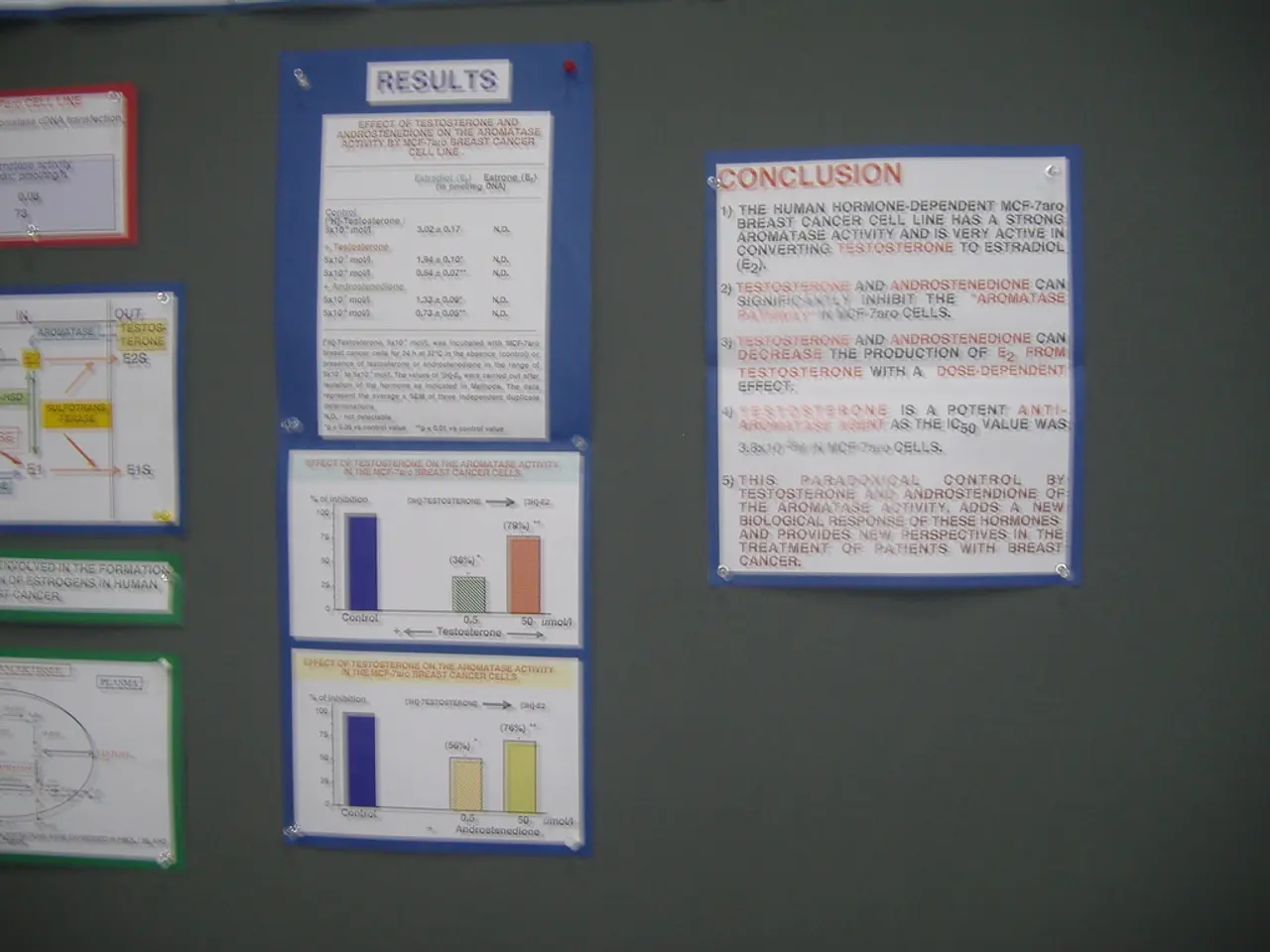Driving Ban vs. Professional Hardship: Navigating the German Legal Maze
Need to comply with driving ban amidst new job requirements?
In certain situations, driving bans, resulting from traffic offenses, can be mitigated if professional hardship is at play. But what does this term really mean? We're diving into the complex world of German traffic law to unpack it.
Let's consider an employee who was slapped with a driving ban due to a speeding ticket. If this individual can show that the ban poses an exceptional hurdle to their employment and livelihood, they might just have a shot at having the penalty waived.
Appeal Allows Hefty Fine and Drive Ban to be Overturned
To illustrate, let’s look at a recent case. Our protagonist was driving dozens of km/h above the speed limit, resulting in a hefty fine and a drive ban. When served with the penalty notice, he'd been jobless for half a year; shortly after grabbing a new gig, he challenged the charges. Claiming it could cost him his new job, he sought relief from the drive ban. Unfortunately, the local court refused his plea, maintaining the ban could have been served while he was still unemployed.
The employee, undeterred, took his case to the Higher Regional Court (OLG) in Naumburg. They saw things differently. The court proclaimed that being unemployed when the ban was served wasn't enough to dismiss the existence of professional hardship.
Tip: A Cautious Approach to Waiving a Drive BanAlthough being proactive is key for avoiding a drive ban, this doesn't diminish the relevance of subsequent professional hardship arguments. In other words, drivers shouldn't be branded as evasive for pursuing legal remedies and maintaining their appeal before opting to serve the ban during unemployment.
The case was remanded back to the local court, which now had to scrutinize the new professional situation and identify any associated hurdles.
Court Evaluation and Professional Hardship Guidelines
While German courts don't offer a comprehensive set of guidelines on waiving drive bans due to professional hardship, they generally take the following factors into account:
- Exceptional Hardship Consideration: German courts recognize that drive bans can have a severe impact on individuals whose jobs require driving (e.g., truckers, delivery workers, sales reps). If the ban poses an overly burdensome threat to the person's employment and livelihood, the court may consider waiving or reducing the ban.
- Proof of Necessity: The individual affected must present compelling evidence that the ban leaves them with no viable alternative for transportation and that the professional activity can't be done without driving.
- No General Exemption: A mere claim of professional need is typically insufficient. The hardship must be significant and exceptional, going beyond mere inconvenience.
- Discretionary Judicial Assessment: German courts assess each case independently, weighing public safety interests against the severity of the personal and professional hardship. The court’s primary concern remains road safety and the deterrence of traffic offenses.
- Alternatives: Courts may shorten drive bans, impose probation periods, or allow conditional driving privileges based on the specifics of the case.
Though these principles are well-anchored in German traffic law, their interpretation can vary by jurisdiction and case. If detailed, current legal standards or precedent cases are needed, consulting a German traffic law expert or official legal texts is advisable.
The employee, when faced with a hefty fine and drive ban, took his case to the Higher Regional Court (OLG) in Naumburg to challenge the charges, arguing that the ban could cost him his new job and thus constituted professional hardship.
After taking the case into consideration, the court overturned the drive ban, stating that being unemployed when the ban was served was not enough to dismiss the existence of professional hardship, and that the local court should now scrutinize the new professional situation and identify any associated hurdles when re-evaluating the case.




